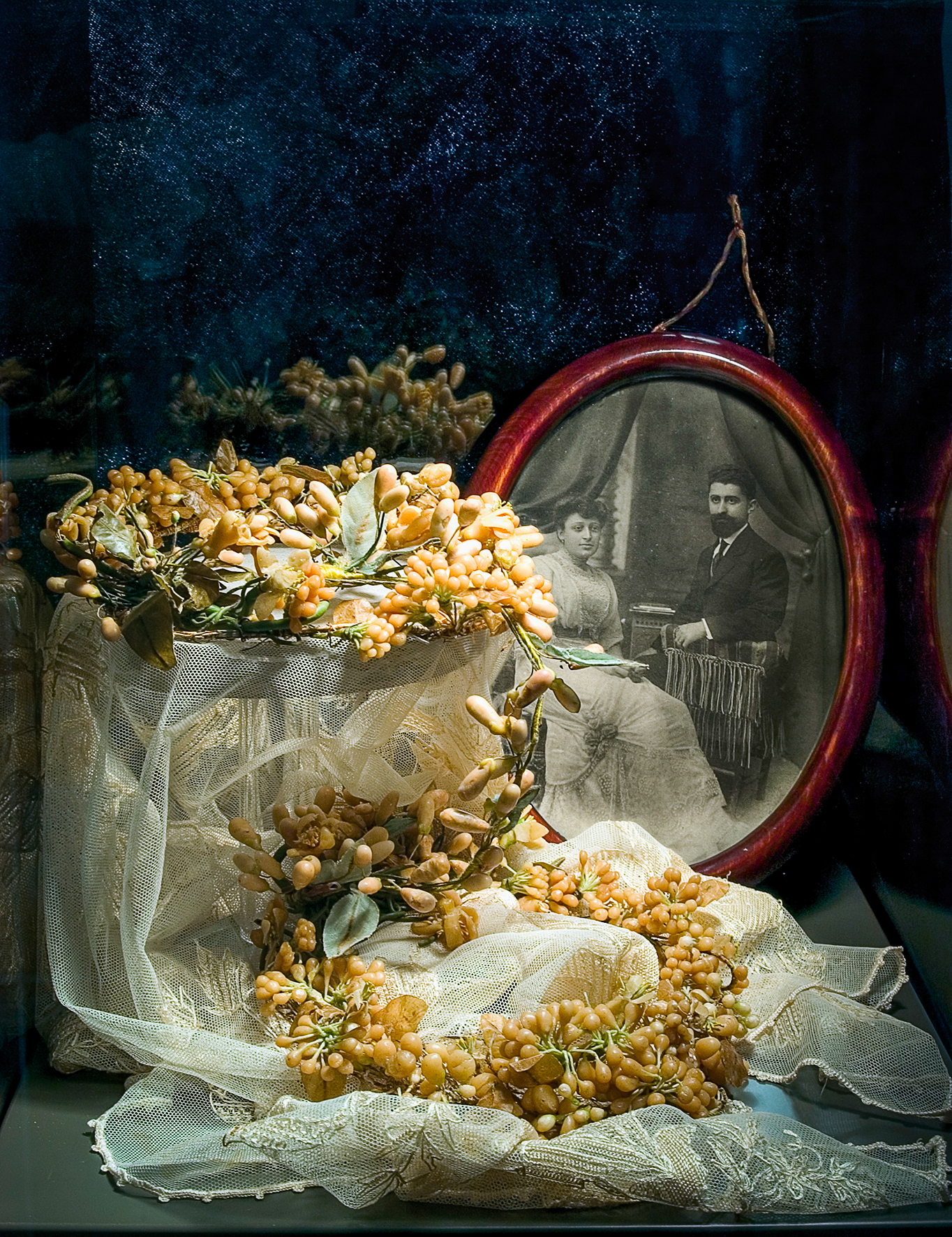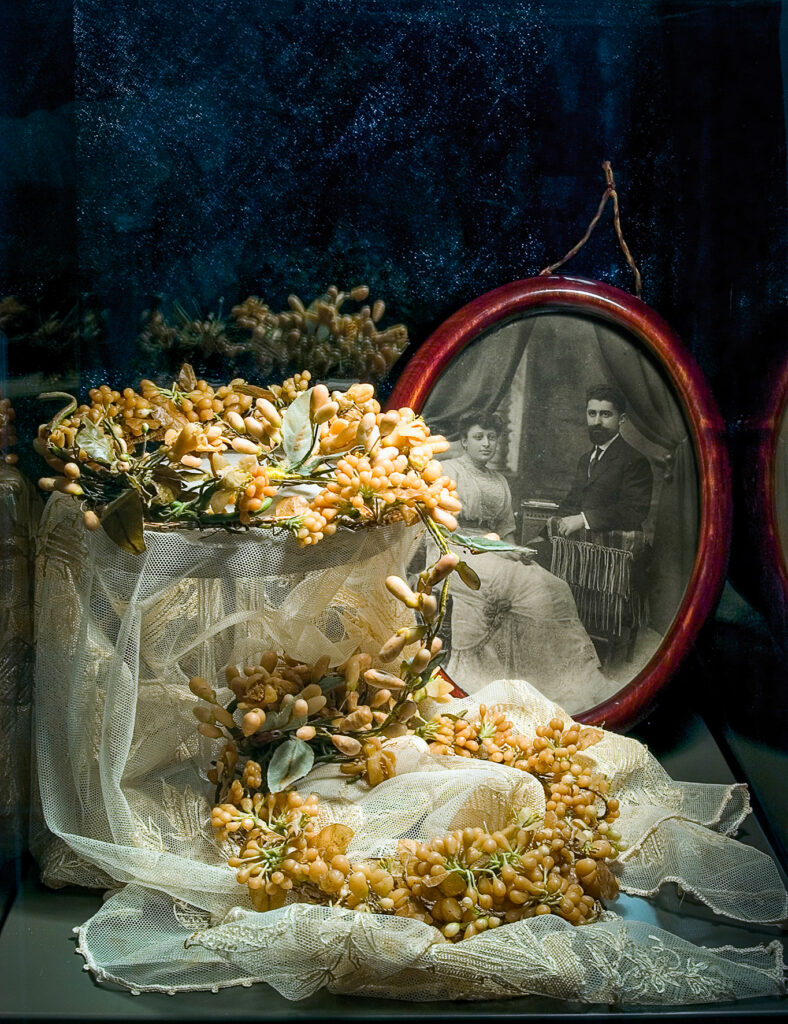Theofylaktos Theofylaktos was born in 1884 in the village Tsiti of Argyroupoli, Pontus. He completed his basic education in Trapezounta (Trabzon) before leaving for Athens where he studied medicine. In 1907, he received a Doctoral Degree in Surgery and Obstetrics and continued his studies in Paris, studying ophthalmology and otolaryngology. In 1911, he returned to Trapezounta where he opened an eye clinic. When the First World War broke out, he moved to Vatum where his father lived. In 1916, he returned to Trapezounta, which was under Russian rule at the time, and was appointed director of the city’s Russian hospital. After the Russians had withdrawn from Trapezounta, he returned to Vatum, where the National Council of Pontus was soon established. Theofylaktos became the council’s vice-president and published the newspaper Free Pontus to promote the council’s main objective, namely the establishment of an independent Pontian state. In 1920, he settled in Constantinople and in 1922, in Thessaloniki, where he initially worked at the Central Refugee Hospital. He then went on to open a practice, which later became an eye clinic and then, after 1958, operated as a general clinic. In 1925, he participated in Thessaloniki’s municipal elections on the ballot of Minas Patrikios. He received more votes than all other elected municipal councillors and was appointed Chairman of the Municipal Council. In 1928, he was given the position of General Governor of Thrace and Eastern Macedonia, until he resigned about a year later. In 1930, he ran for Mayor of Thessaloniki. It was thanks to Theofylaktos’ initiative that the Committee for Pontian Studies was founded in 1927, with the last metropolitan bishop of Trapezounta, Chrisanthos, acting as its chairman. He was also the leading figure behind the establishment of the Thessaloniki Euxine Club in 1933. Throughout his life, Theofylaktos remained actively involved in Pontian affairs and the process of refugee rehabilitation.
Ifigeneia Kogkalidou, member of a bourgeois family from Trapezounta, studied in a school in Marseilles for a few years. Her grandfather was a banker and her father a merchant. Ifigeneia received western education. In 1913, she married Theofylaktos Theofylaktos and had four children. Of their three sons, two were born in 1914 and 1916 and died at a young age, and one was born in 1918 and died at the age of 2. Their daughter, Anna Theofylaktou, was born in Thessaloniki in 1924.
The wedding wreaths of Ifigeneia and Theofylaktos were eventually passed on to their daughter Anna Theofylaktou, who was the president of the Pontian Women’s Association from 1974 to 1983. The Association had always been part of Anna’s life. Her grandmother, Melpomeni Kogkalidou, was one of the founders of the Association back in Trapezounta and her great-grandmother, Domna Kapagiannidou, had been the Association’s first president. Her parents, along with Thaleia Saoulidou, had been the leading figures behind the re-establishment of the Association in Thessaloniki. Anna Theofylaktou donated the wedding wreaths to the Pontian Women’s Association and today they are displayed at the Association’s Museum. She also donated a silk scarf which was wrapped around the wreaths and a photograph of the couple at a young age.
—
References:
Eleonora Skouteri-Didaskalou (ed.), Embroidering memory, from Trapezounta to Thessaloniki, The Pontian Women’s Association Museum, Thessaloniki 2011. [in Greek]
Learn more about the Pontian Women’s Association εδώ.


